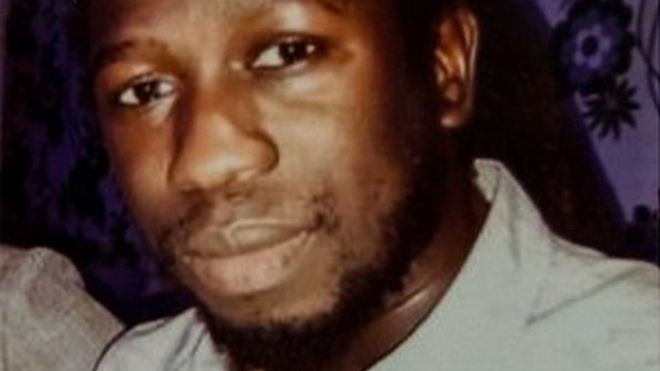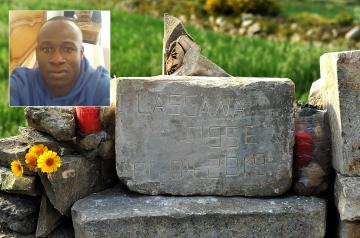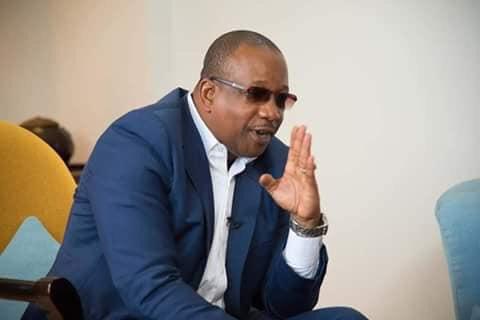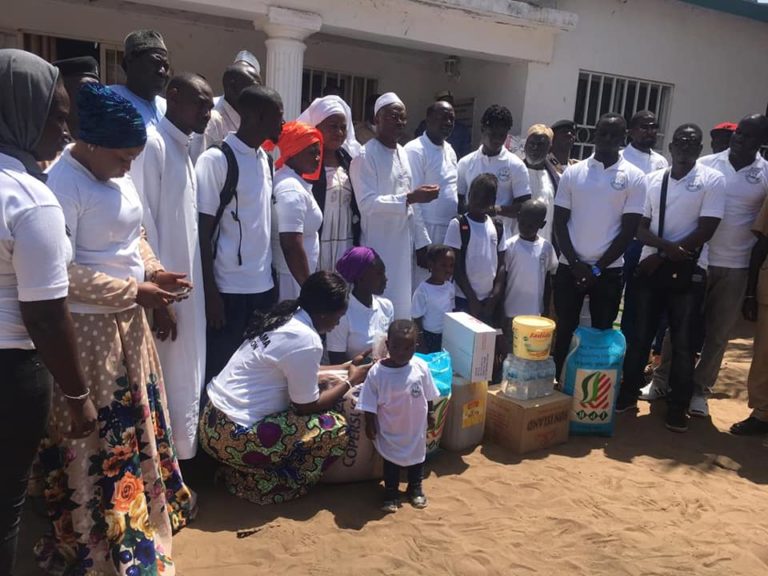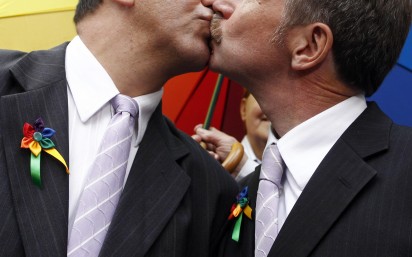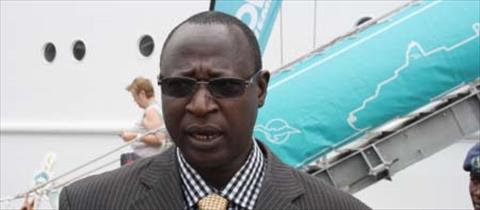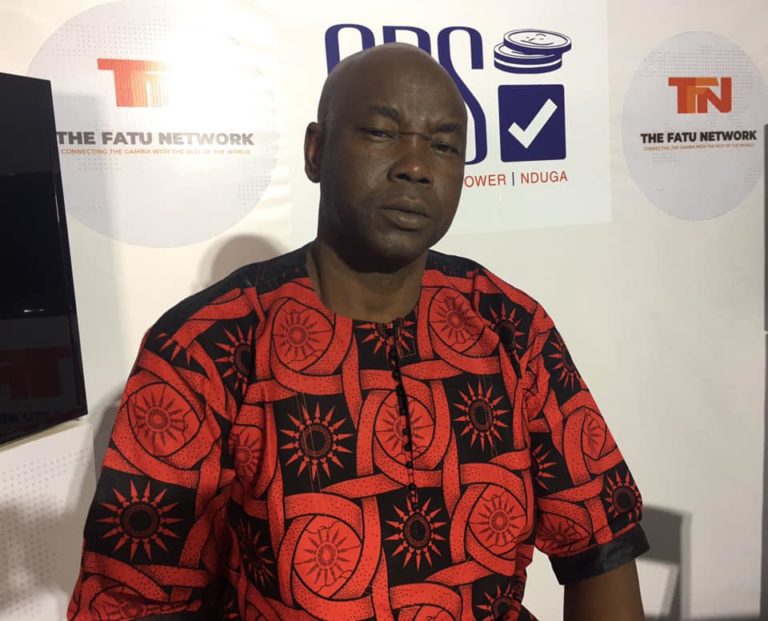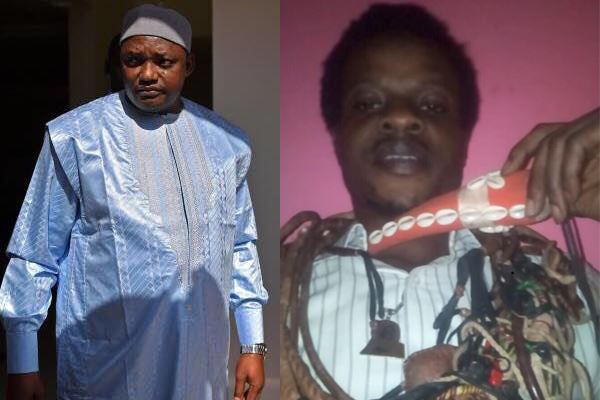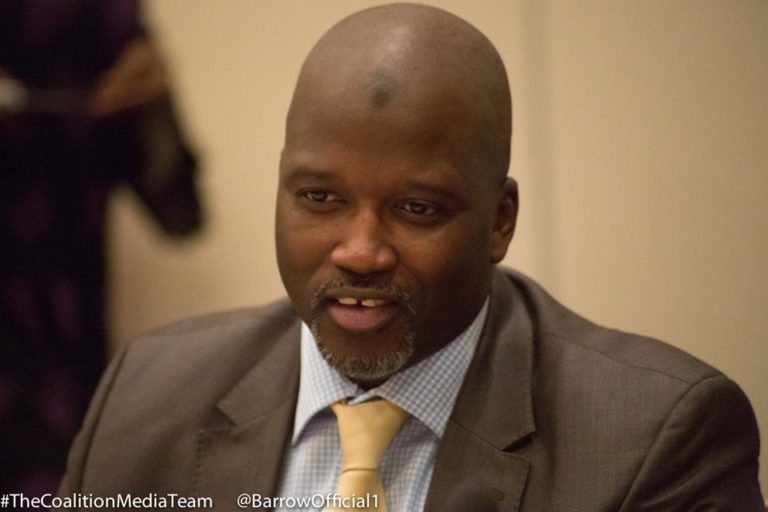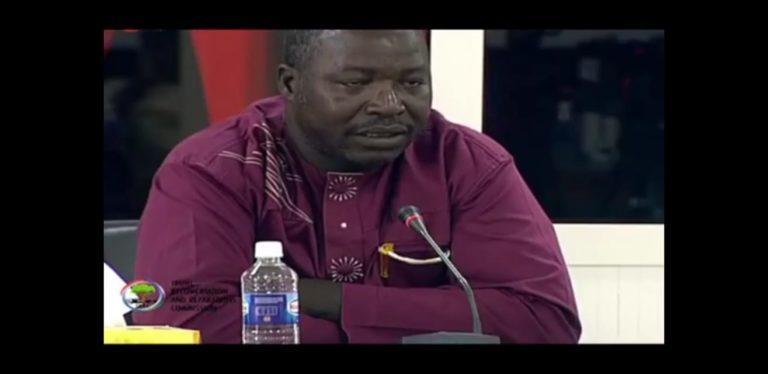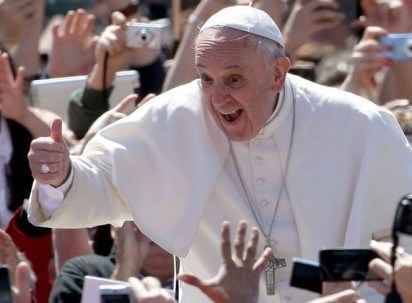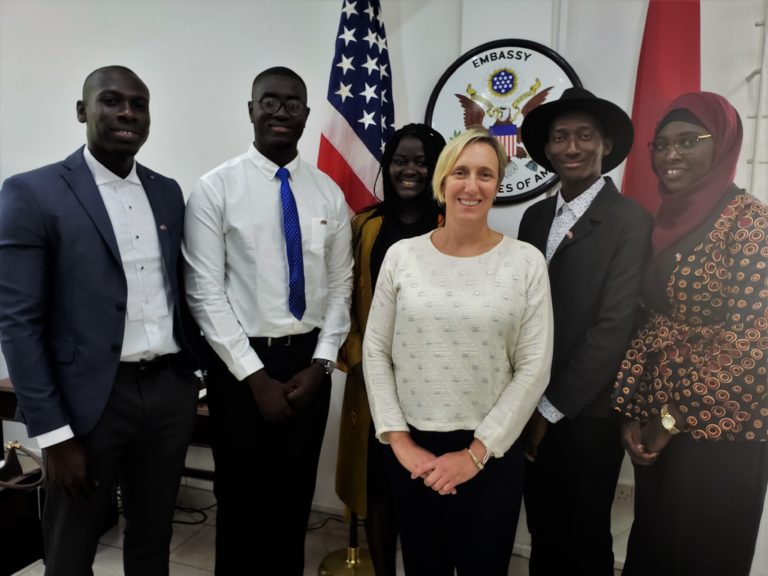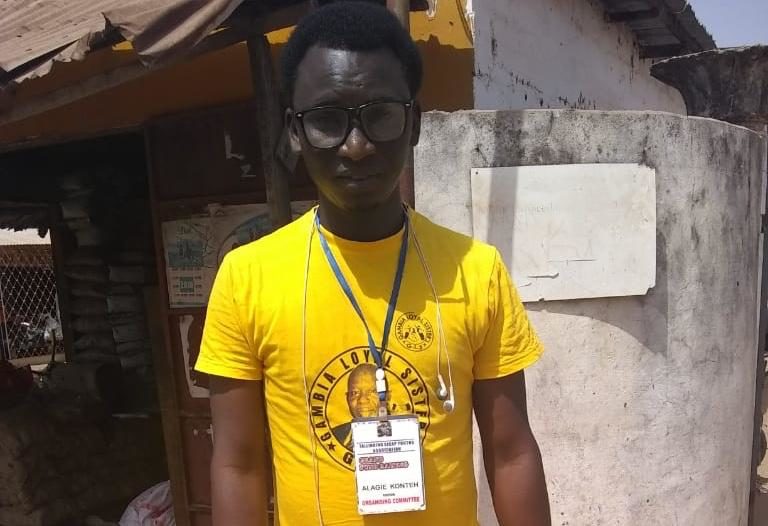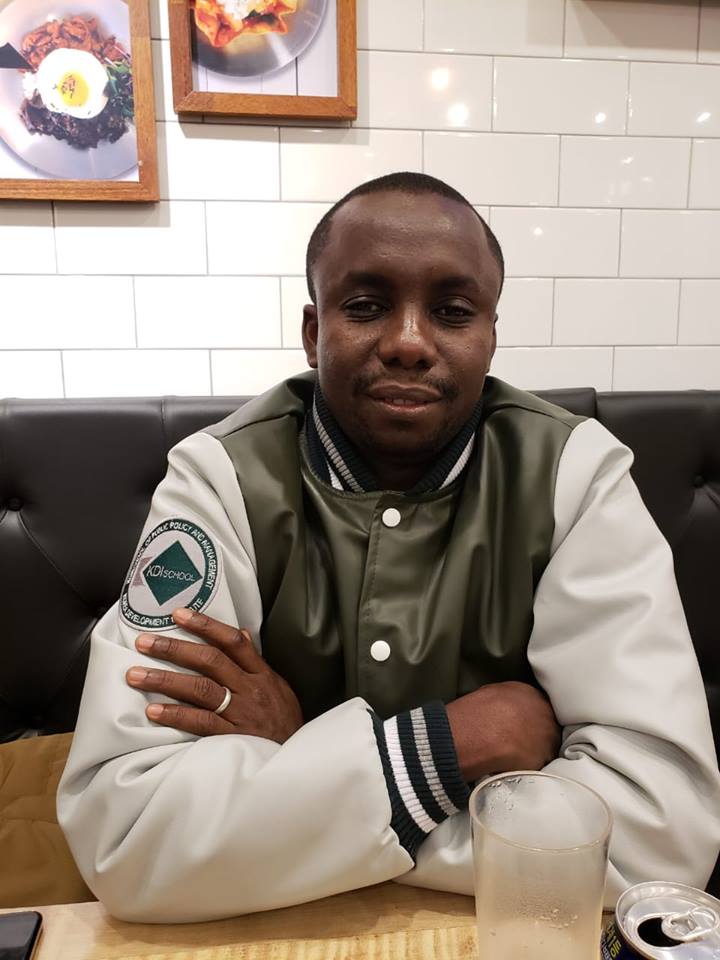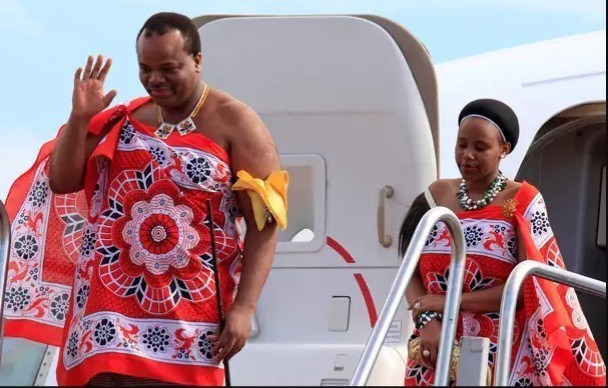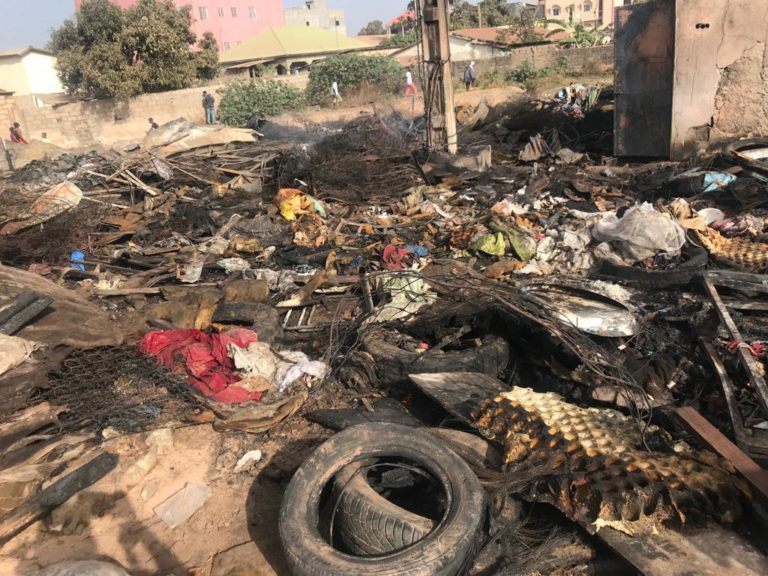Yes, you might not agree with me on this, but it worth the time and energy to mirror on. It was in the late part of 2018 when the then little none Talib Ahmad Bensouda’s name started to make the rounds on social media about a possible run for the Office of Lord Mayor of the mighty Kanifing Municipality. However, some people were quick to dismiss him and even questioned his ripeness to lead such a complex and resource insolvent municipality.
Talib Ahmed Bensouda, who is born to a famous lawyer Amie Bensouda, was an up-and-coming entrepreneur who has succeeded in initiating and marketing bands locally. As the nation draws closer to the final round of the election calendar of the year 2018, it was increasingly becoming pellucid that Mr. Bensouda is not up for a joke but rather set to lead the youth-led transformation after the shackles of dictatorship were removed over our heads.
When parties started to file in candidates for the local government election, the UDP being the biggest and most popular party in the aftermath of the political impasse was faced with a dilemma of choosing among a range of qualified candidates as flag bearer. As expected, the party has to resort to democratic means in the form of a primary and Mr Bensouda was solidly elected to be the party’s candidate in the elections.
By selecting Talib Ahmed Bensouda, it was extremely tranquil for the UDP to peddle this young, highly educated, savvy, handsome, discipline and above all decent man with an absolutely clean record to the people of the municipality. When the campaign began, opposing candidates were unable to associate him with any illicit act that would have had a negative political impact, while others attempted to question his nationality, Mr Bensouda was busy preaching and selling his idea of Development Politics. I have witnessed one of his campaign meetings where he said, “I am not like any other politician I want to practice development politics and change the municipality to the envy of all”. By this time only a few if any understood what Mr Bensouda really meant by development politics. What was significant also was that it was the first time in our political history both at the national and local levels a candidate has touted the concept of Development Politics.
By election night, Mr. Bensouda won with a convincing majority making him the clear choice of the people. During his swearing-in ceremony of which I was the Master of the Ceremony, Mr. Bensouda in his speech repeated his desire to practice development politics which would run contrary to what some of his comrades in the UDP won’t want to see. Bensouda’s development politics would come to mean the office of the Lord Mayor and KMC as the institutional arm of the municipality would no longer be political camping zones.
Soon after his swearing-in ceremony, Mayor Bensouda’s successive actions have left many; myself included to reflect on his campaign slogan of development politics. Despite zero experience in public administration, Mayor Bensouda quickly settled down by fusing in the new spirit of public administration which is to bring private sector practice into the public sector. The new Lord Mayor and his mostly young council wasted no time in taking head on the daunting challenges of the Kanifing Municipality and the Kanifing Municipal Council.
Institutional Reform
First, through a General Council Resolution, Lord Mayor Bensouda commissioned a Human Resource (staff) audit to determine the strength and weaknesses (skill gaps) of his human resources in the institutional arm of the council. The rationale behind this visionary move was the need for the institution to have the right people in the right positions to better deliver services to the people of the municipality. He from the onset realizes that a strong institutional arm of the council can better fulfill the development aspiration of his council. The HR audit was successfully conducted by an HR expert whose findings have helped General Council to better restructure the human resources of the council. KMC now looks like a serious institution at work which can now attract the brightest minds in the country. Now the council has square pegs in square holes and staff discipline and commitment have soared through the inspirational leadership style of Mayor Bensouda and his able deputy Musa Bah of Latrikunda Yirihaya. Their combined impetus has been the real difference and has restored decorum within the institution.
Secondly, and probably the most controversial move was his decision to divorce politics from public administration. The decision of the young braved mayor not to allow his supporters to turn his office and the institution as a political camping ground was a risk many politicians won’t take. A successful divorce of the two especially in an institution like KMC is the biggest success one could ever register and Mayor Bensouda has succeeded in this drive. His decision to divorce politics from public administration has limited him from recommending or authorizing the appointment of any of his political supporters, friends, and relatives into the council administration and this left some of his supporters desolate and some started to accuse him and called him names. By and large the Ag. Chief Executive Officer of the council has been given the leeway to administer independently and this has helped strengthen the administration of the council. After witnessing first hand these unthinkable reforms, I started to seriously reflect on his campaign slogan of Development Politics.
The institutional reform Mayor Bensouda and his council took also covers the financial indiscipline of the former council. Since the new council took office, financial discipline has been a core policy. While the institution under the former council was running on deficit in the last quarter of every year, today the institution is heading in the opposite direction. The financial transformation strategy adopted by this council under the guided leadership of Mayor Bensouda is akin to the Harrod-Domar growth model whose main assumption is for increased saving, less expenditure which can lead to greater capital accumulation and an increase in output. The assumptions of this model exactly represent the current state of the council and I would credit the turnaround in fortune to the Bensouda style of politics – Development Politics.
The institutional reforms undertaken by the new council left no stone untouched. In tandem with the Local Government Act, General Council Monthly Meetings are more organized, democratic and more respected than ever before. The Kanifing Municipal Council Chambers has state of the art PA system designed to ensure that every councilor is well heard during deliberations. The changed in the working conditions of our elected councilors has not only boosted their morals but has also succeeded in making General Council meetings healthier.
Mayor Bensouda did not only stop at face-lifting the council chambers, but his broad-based reforms also touched every department of the council and ensure that staffs are fully equipped with the necessary and right tools to deliver. For the first time in the history of the council, CCTV cameras have been installed to provide better oversight during working hours and also serve as security for council during off hours.
The demonstrated ability of Mayor Bensouda to identify and work through the fine line between public administration and political interest is quite amazing and deserves to be further expanded upon for the benefits of generations yet unborn. Just under one year, Mayor Bensouda has mastered the art and is currently leading the pack and KMC is no longer a laughing stock in the Gambia.
Revenue Generation
The arrival of Mayor Bensouda and his able assistant the ever humble Deputy Lord Mayor, Musa Bah, heralded in a new start for a struggling council. Just under a year, the financial fortune of the council has undergone a stupendous turnaround and as a result, the council was able to procure over 20 motor bicycles for the License collectors to ease their mobility constraints and boost revenue collection. Council in the same year also procured much-needed vehicles for the effective operations of all arms of the institution. Believing in Gambia got talents, Mayor Bensouda through General Council contracted young Gambians and bought from them the well visible waste bins littered all over the municipality designed to keep the city clean. The above-mentioned success stories were possible largely thanks to the Bensouda Development Politics Doctrines.
Development Projects
The feats of the current council are tremendous and surpassed the expectations of many. I still maintained that Mayor Bensouda’s development politics is the right formula behind this unprecedented success within a blink of the eye. The biggest achievement of Mayor Bensouda is the remarkable transformation of the once very deadly Bakoteh dumpsite. Ably assisted by his technical adviser Mr Kanjura Kanji, the residents of Bakoteh and the surrounding including the most vulnerable SOS Children Village have all acknowledge the unbelievable defaced of the dumpsite. The daily thick hazardous smoke and the unbearable bad odor that residents were accustomed to is no longer an issue thanks to the new political approach spearheaded by Mayor Bensouda. Waste collection and disposal is now not a contentious issue because recently council spend a fortune to maintenance the street tricycles for a better and more effective and efficient house to house waste collection and disposal, also waste collection trucks are crisscrossing the municipality day and night to ensure that on a daily basis, no waste is left behind.
We have seen the introduction of the drainage gang, what a fantastic idea. These formerly unemployed youths are now contributing meaningfully their quota to national development in a fashionable way. While many of us will be asleep, these gallant men would clean our gutters to make sure that water can flow unhindered thereby reducing the risk of flood during the rainy season. The introduction of this gang is one of the reasons why no deadly flood has been reported within the municipality in the past rainy season, therefore this innovative idea of his Lordship further strengthen the argument to reassess the development politics he is spearheading.
Leadership is all about being innovative and that’s exactly what Mayor Bensouda has been doing. In a couple of months’ time, a batch of brand new fleets of waste collection trucks for every ward will be available and most importantly those trucks will be managed by the ward development committee. His innovations have led to the introduction of street waste bins for the first in the history of the Gambia. The ongoing beautification of the Westfield youth monument with small concrete slaps is just commendable. Westfield has been defaced and we can all be proud of this milestone achievement. Under his watch, the council is currently working on a lot of feeder roads within the municipality. Among the many roads under construction are Latkumba road, Bakau New Town road and a host of other important connection roads. Council has further deepened its cooperation with GAMWORKS to expand and upgrade many feeder roads within the municipality.
Market construction and expansion have also been a core policy goal of the new council. Currently, constructions have already begun at the Serekunda market for the expansion of market shed for vendors. When completed, more women can have access to the market and eked a living for themselves and their families. The construction of the Latrikunda Sabiji market is also almost near completion. The market is poised to increase business activities and yield good returns for the council. Overall, the markets conditions in terms of service delivery and revenue generation have doubled and vendors are more willing to pay because they felt their tax dalasi is well spent for their betterment. If we are to quantify the achievements registered in just under two years, we will realize that KMC has experienced a quantum jump in its development. Mayor Bensouda’s strong believes in his invented doctrine of development politics is perhaps the underlying reason for this heroic success.
Development Politics as an Academic Discipline
The above-chronicled achievements of Mayor Bensouda are a drop in the ocean and thus beg two important questions. First, how did he manage to do it within a short period? We have observed that Mayor Bensouda has breakaway from long-standing political traditions of previous occupants of the Office of Lord Mayor by successfully divorcing politics from public administration by establishing an avuncular relationship to satisfy both sides. Not only is he successful in delivering the much-needed services to the people of the municipality but he also on the same basis worked tirelessly to consolidate the support base of his party. Today UDP supporters are bragging with Mayor Bensouda’s successes where it matters the most in the country. The UDP has started portraying his success stories as a glimpse of what a future UDP or UDP led administration has to offer to the Gambian people. Today, Mayor Bensouda has won himself a lot of adulators and that has made him a darling within his party and the only and true hope for his party’s future.
The second most important question is how an academic program is developed? Academic programs worldwide evolve from the need to advance great ideas from great leaders, promote profit-oriented business strategies from business moguls or address a societal problem or preserve and promote a societal issue. That being said, we are currently witnessing exactly the same in the case of Mayor Bensouda’s self-styled trademarked Development Politics he has been preaching for the past one and half year. Adam Smith is widely called the father of Economics simply because he discovered and practice some theories and concepts which were later developed into academic disciplines. Woodrow Wilson, the former US President is called the father of Public Administration because of his ideology and that idea was transformed into an academic discipline to become public administration and the list goes on and on.
Now that we have a young intellectual and a very innovative public officer who came up with something entirely new at least to the Gambia and its working extremely well for the people, I think it is only fair to assess and explore possible ways through the Ministry of Higher Education, Research, Science and Technology, University of the Gambia and other institutions to ensure that the Bensouda Model of Development Politics is further researched on and fully developed into a fully fledge academic program to be introduce in our university education system for the benefits of current and future generations. It is high time we localized our education system to meet our local development needs. We should celebrate and support our own, and the Bensouda Development Politics Model requires serious thinking and debate in all academic circles in the country. And until we realized that Gambia Got Talents as in Mayor Bensouda, we would continue with our self-inflict struggles, therefore I declare that Je Suis Talib Ahmed Bensouda.
WURRA BAH
MA in Development Policy
Korea Development Institute (KDI)

